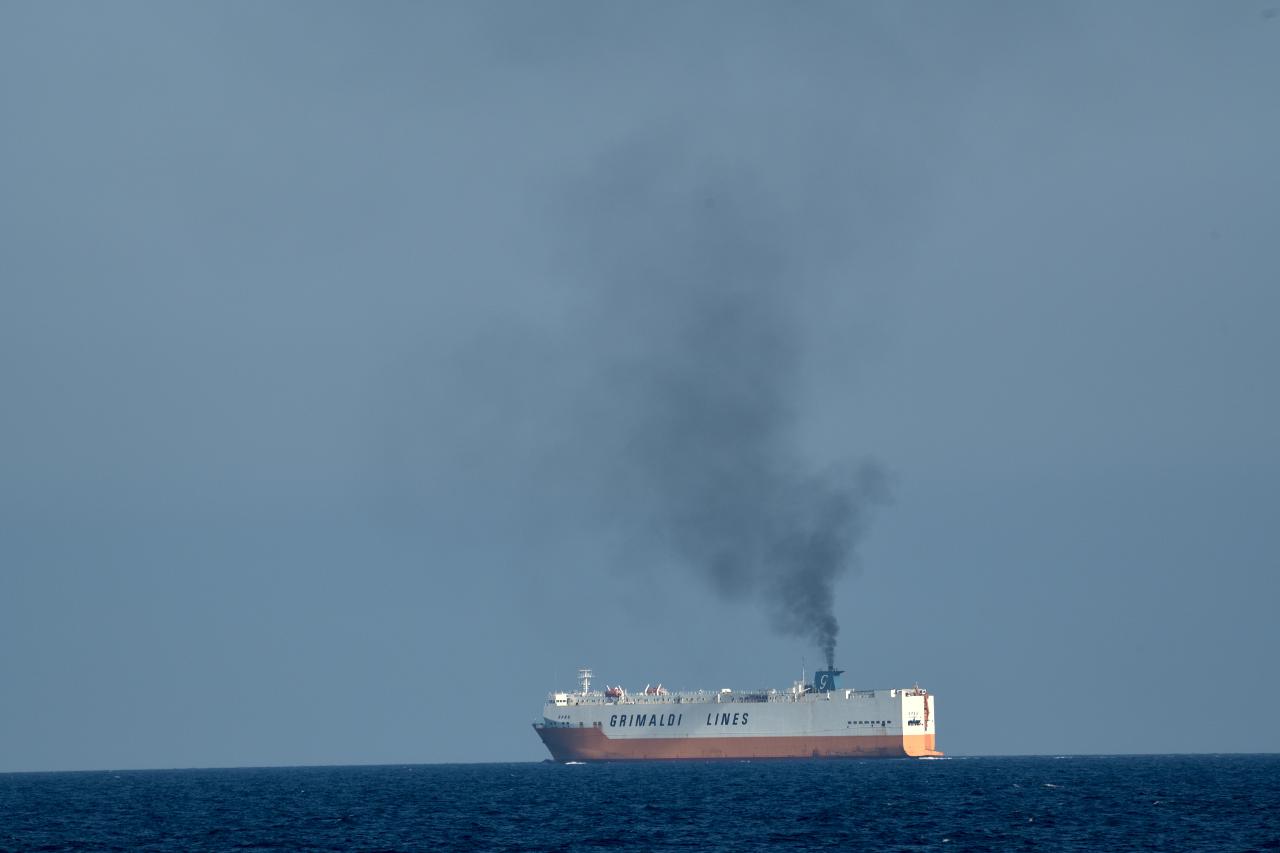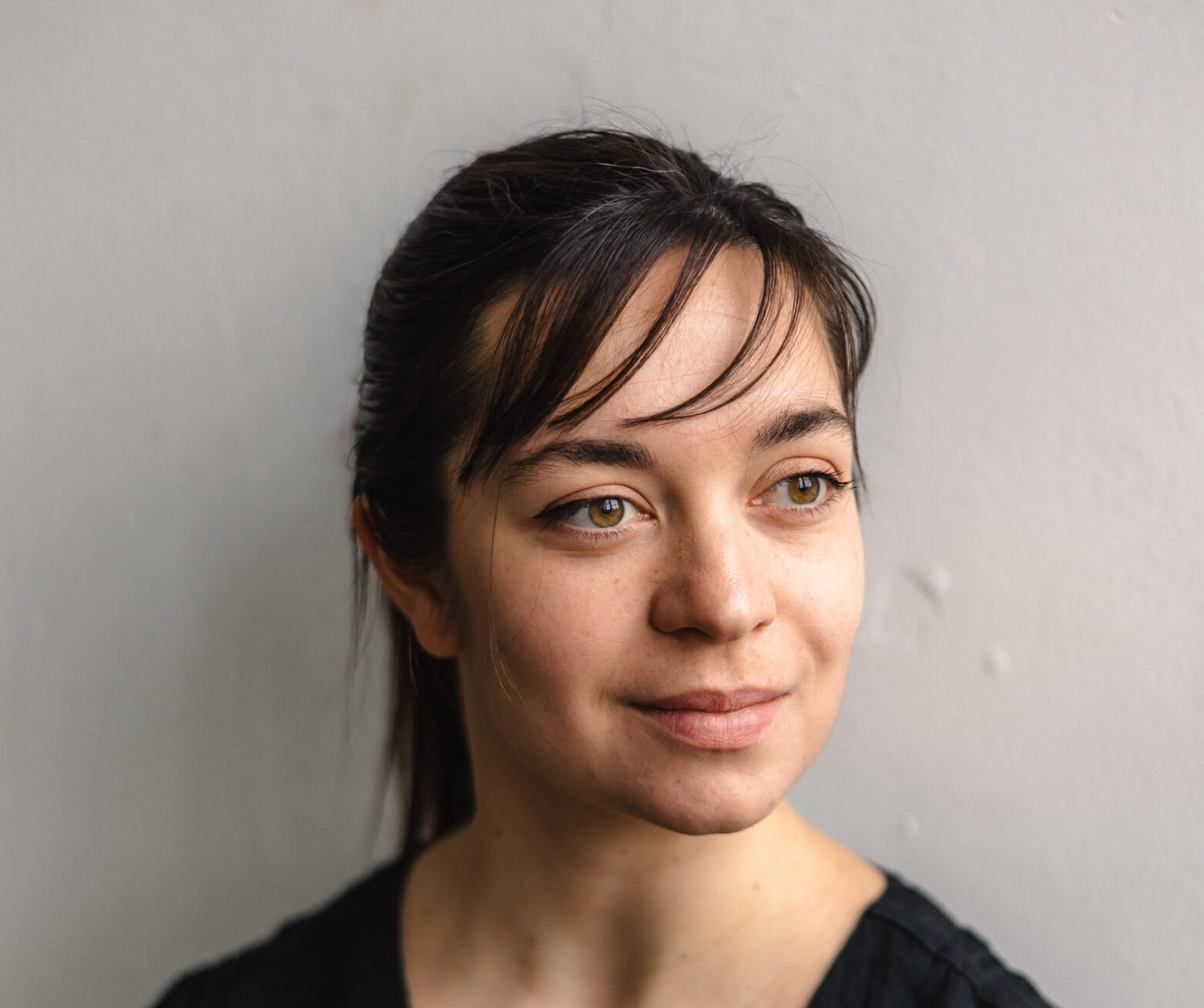
Tracking Tropospheric Sulphur
The Sulfur program will focus on creating new technologies for monitoring, modeling and modifying the effects of tropospheric sulfur emissions. Sulfur is the second most impactful climate-altering gas after CO2, despite lasting only ~2 weeks in the atmosphere. The 2020 IMO shipping fuel regulation led to an estimated 0.2 W/m² increase in forcing, contributing to 80% of the global heat uptake increase from 2020 to today. Unmasking sulfur pollution (due to decarbonization and air quality improvements) is expected to significantly exacerbate extreme heat for over 1 billion people, with especially profound impacts in the Indian subcontinent. Since 1970, Western Europe and the Eastern US have already experienced an estimated .4C of this unmasking as sulfur was phased down. It is essential that we increase monitoring and modeling of sulfur, to help us forecast and plan for this unmasked warming.
Program Personnel

Colleen Golja
Read more
Dr. Colleen Golja received her PhD in 2022 from the Harvard University Department of
Engineering and Applied Sciences supervised by Prof. David Keith. Her dissertation
work explored aerosol microphysics related to proposed stratospheric aerosol injection
(SAI) strategies. In 2023, she received a Marie Sklodowska Curie (UKRI Guarantee)
Postdoctoral Fellowship and moved to the Imperial College London Department of
Physics. Her current work focuses on diagnosing the impact of stratospheric mean state
biases on estimations of the climate response to stratospheric perturbations such as
SAI, volcanic eruptions, and greenhouse gas forcing. She will soon transition to a new
role at the Grantham Institute for Climate Change and the Environment as an Imperial
College Research Fellow.

Christina Last
Read more
Christina Last is an ARC fellow, where she tracks the impact of sulfur on climate change. Alongside this, she builds climate models using causal AI as a Machine Learning Scientist at Mila, the Quebec AI Institute. She serves as Co-Director of TipplyAI, a GenAI startup forecasting critical climate thresholds, part of ARIA’s Forecasting Tipping Points Programme. Her postgraduate degree at MIT was supported by the US-UK Fulbright Commission, where she used AI to estimate carbon emissions. She founded and scaled UNICEF's open source air pollution AI early warning system, featured at the 78th UN General Assembly and NASA. Her research has supported investigations into illegal activity and environmental pollution featured in the Guardian and the BBC.

Carla Roesch
Read more
Carla is a climate scientist who leverages machine learning to quantify aerosol impacts in the climate system and to develop novel causal discovery algorithms to study climate variability. As part of ARIA’s Forecasting Tipping Points programme, she is developing a deep learning–based early warning system for critical changes in the North Atlantic. She earned her PhD in Atmospheric Sciences from the University of Edinburgh as part of the iMIRACLI Marie Skłodowska‑Curie ITN, where her thesis focused on large‑scale aerosol effects. Prior to that, she completed both her BSc and MSc in Physics at Ruprecht-Karls University Heidelberg.
Seed Grants
ARC’s Seed grants will provide early-stage funding to catalyze promising ideas addressing catastrophic climate risks.
ARC Seed grants support promising ideas with exploratory efforts, scoping studies, concept development, early-stage research, and small pilot projects, to help develop and refine innovative concepts or unblock initial barriers.
Timeline: ARC Seed grants are provided for 3-6 month engagements.
Grant Amount: ARC’s Seed grants generally provide $30–100K in funding as well as deep engagement on project design and strategy.
Turn your climate ideas into actionable programs.
Apply for a Seed Grant.
-
Inland Sea Reflooding
Amir AghaKouchak
2024–2025
-
Tracking Tropospheric Sulphur
Colleen Golja, Christina Last, Carla Roesch
2025
-
Undercurrent
Kelly Kinetic, Shaun Kinetic, Lauren Murray, Lea Eaton
2025
-
Enhancing Global South Capacity to Address Climate Emergencies
Rose Mutiso
2025
-
Planning for Catastrophic Climate Risk
Luke Kemp
2025
-
Carbon Removal as a National Security Imperative
Noah Deich
2025
-
AI-Powered Social Science for Climate Emergencies Research
Allegra Cohen
2025
-
The Arctic Climate Emergency Response (ACER) Initiative
Charlotte DeWald
2025
-
The Climate Emergencies Resilience Lab
Deep Sciences Ventures
2025
Build Grants
ARC’s Build grants will enable leaders to turn promising concepts into actionable programs.
ARC Build grants support the development of independent organizations or partnerships with existing entities, focusing on activities such as program planning, roadmapping, early implementation, and organizational development.
Timeline: ARC Build grants are provided for 6-month to 1-year engagements.
Grant Amount: ARC’s Build grants generally provide $100-400k in funding as well as strategic and operational support, and a variety of technical expertise.
Turn your climate ideas into actionable programs.
Apply for a Build Grant.
-
Arête Glacier Initiative
Brent Minchew, Lauren Mahle
2024–2025
-
The Arctic Climate Emergency Response (ACER) Initiative
Charlotte DeWald
2025
Scale Partners
ARC’s Scale grants will empower our partner organizations to achieve significant impact by advancing key program objectives.
ARC’s Scale Partnerships provide targeted support to help organizations working on challenges aligned with ARC’s mission to enhance their efforts addressing climate risks.
In addition to resources, we offer technical expertise, strategic guidance for organizational growth and research, and hands-on support in fundraising and partnership development. By working closely with our partners, we ensure that promising initiatives are well-positioned to succeed and grow.
Get in touch
-
Reflective
Dakota Gruener, Doug MacMartin
2024–2025
-
Arête Glacier Initiative
Brent Minchew, Lauren Mahle
2024–2025